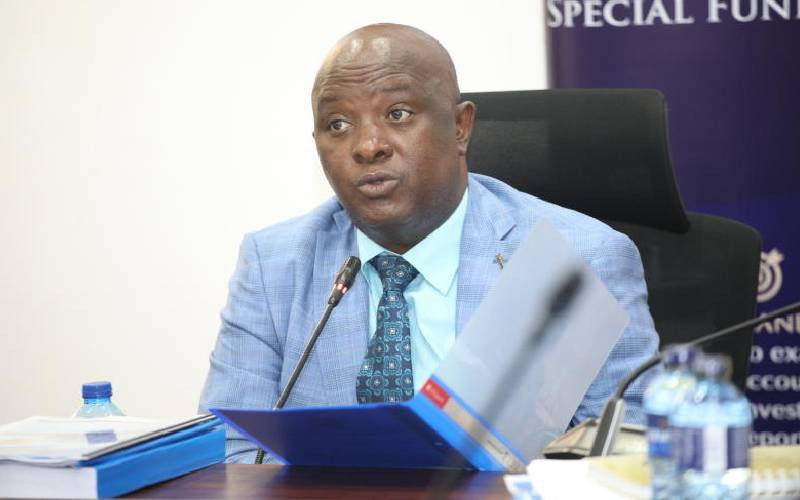×
The Standard e-Paper
Smart Minds Choose Us

Senators have put governors on the spot over the deplorable state of many health facilities managed by county governments across the country.
In a report tabled in the Senate by the Senate County Public Investments and Special Funds Committee (SCPIFC), it was revealed that most health facilities are poorly equipped and lack essential medical supplies.